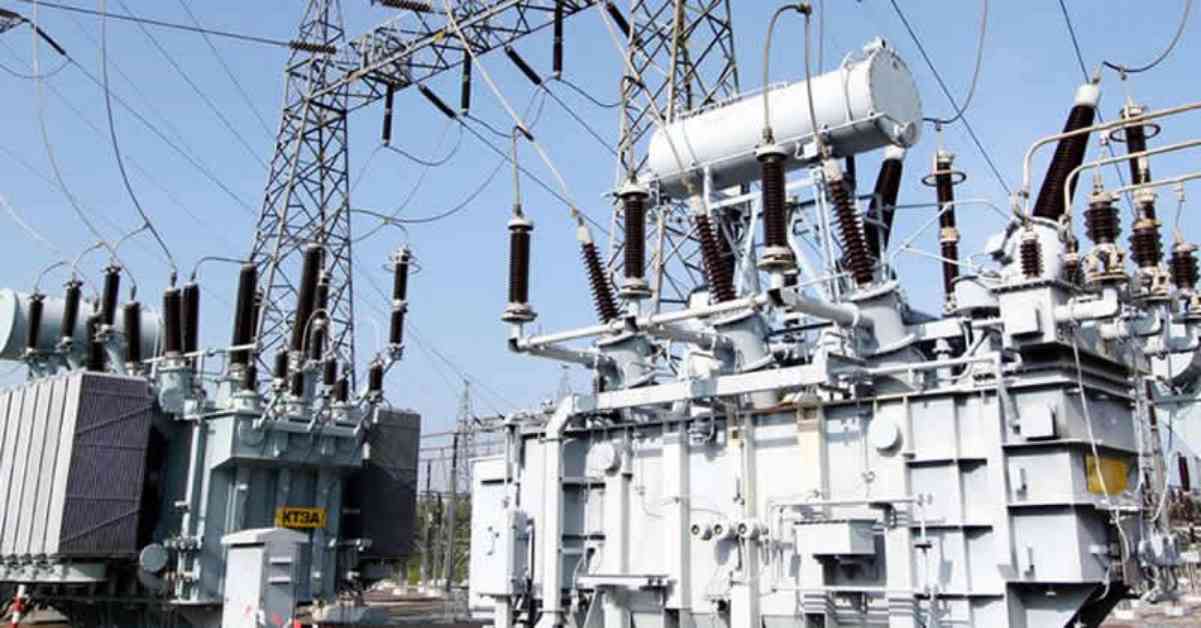Nigeria’s Power Generation Landscape: A Shifting Paradigm
In a groundbreaking shift in Nigeria’s power generation landscape, Dangote, NNPCL, Total, and 247 other companies have taken matters into their own hands, collectively generating a whopping 6,500MW of electricity. This move has sent shockwaves through the power sector, with many abandoning the national grid in favor of reliable self-generated power.
The Exodus from the National Grid
Amidst rising electricity costs, fuel price hikes, and grid instabilities, a staggering 250 manufacturers and academic institutions have opted to generate their own electricity. This mass exodus from the national grid has been fueled by a lack of trust in the grid’s reliability and a desire for more stable power sources.
Former President Olusegun Obasanjo set the precedent by unveiling a two-megawatt solar power project, signaling a shift towards self-sufficiency in power generation. The trend has since escalated, with companies like Dangote Industries leading the charge by producing 1,500MW of electricity for internal consumption.
The Rise of Captive Power Generation
These organizations have obtained permits from the Nigerian Electricity Regulatory Commission to generate captive power, with some permits dating back to 2010. The surge in requests for captive power permits since President Bola Tinubu signed the Electricity Act 2023 underscores a growing preference for self-generated electricity.
While some plants rely on gas, many are embracing renewable energy sources like solar power. The shift towards captive power generation has seen entities like Pure Flour Mills Limited and Nigeria LNG generating substantial amounts of electricity, further contributing to the 6,500MW total.
Expert Insights and Consumer Perspectives
Experts have expressed concern over the mass departure of bulk users from the national grid, citing potential challenges for the power sector. Adetayo Adegbenle of PowerUp Nigeria emphasized the need to incentivize companies to return to the grid for a more stable and cost-effective power supply.
Kola Olubiyo, President of the Nigeria Consumer Protection Network, highlighted the benefits of off-grid renewable energy solutions for manufacturers and called for increased support for alternative power sources. Adeola Samuel-Ilori of the All Electricity Consumers Protection Forum advocated for a shift towards captive power to alleviate strain on the national grid and reduce reliance on estimated billing.
As Nigeria grapples with a shifting power generation landscape, the move towards captive power generation raises critical questions about the future of the national grid and the sustainability of the power sector. The power dynamics are evolving, and stakeholders must adapt to ensure a reliable and affordable electricity supply for all.



























